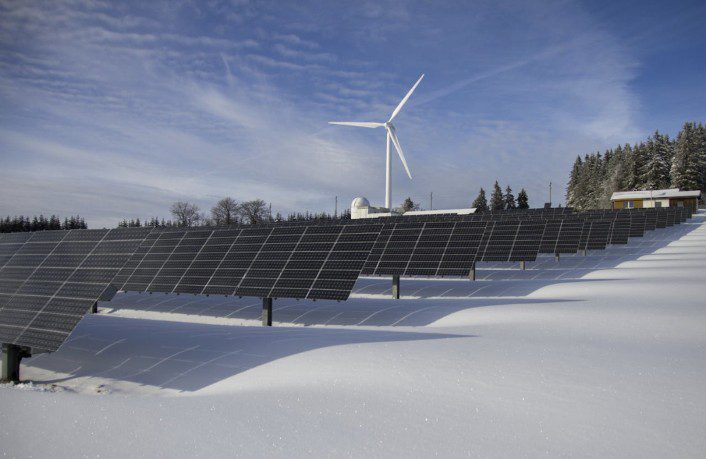The future of civilization and the earth depends on clean energy. Using fossil fuels to meet energy needs is becoming more and more dangerous for the environment and public health. Renewable energy sources that don’t deplete natural resources include sun, wind, and hydropower. They contribute to the fight against climate change, pollution reduction, and a steady energy supply. The economic benefits of switching to sustainable energy include reduced energy prices and the creation of jobs. A civilization that is healthier, more resilient, and affluent must embrace clean energy.
Consistent Energy Costs
Once installed, clean energy sources with minimal operating costs include wind and solar power. Clean energy prices are not impacted by changes in the market, in contrast to fossil fuel prices. By reducing reliance on foreign fuels, investments in clean energy result in more stable energy prices. Businesses and consumers alike gain from predictable energy prices since they make greater financial planning possible. Furthermore, local production of renewable energy lowers the hazards connected to global energy supply chains. This regional production helps to maintain steady and uniform energy prices.
Employment and Additional Economic Gains
The renewable energy industry produces a large number of employment in manufacture, installation, and maintenance. Building infrastructure for renewable energy attracts investments that strengthen regional economies. Workforce skill levels are raised through training programs and educational activities for jobs in renewable energy. Employment in the renewable energy sector is typically longer-lasting and more sustainable than jobs in the fossil fuel industry. Workers’ spending of their earnings in nearby firms boosts other sectors of the economy as a result of this job expansion. Furthermore, the growth of sustainable energy may spur additional technological innovation in associated fields.
Never-ending Energy
Renewable energy comes from natural replenishment and plenty, such as wind, solar, and hydro. These energy sources don’t eventually run out like fossil fuels do. They are, therefore, a dependable, long-term option for supplying energy. When inexhaustible energy is used, there is no chance of energy shortage, and it is always available. These resources are widely available, which enables them to be accessed in numerous locations worldwide. This lessens reliance on fossil fuels concentrated in certain areas of the world.
Enhanced Public Health
Clean energy improves public health by lowering pollution levels in the air and water. Reduced emissions from sustainable energy sources translate into reduced concentrations of dangerous pollutants, which can lead to heart and lung conditions. Healthy living conditions are also enhanced by clean energy programs connected to CRE sustainability projects. The use of clean energy lessens the dependency on fossil fuels, which enhances general air quality. Everyone benefits from this cleaner air, but those with underlying medical conditions are particularly so.
Diminished Global Warming
There are negligible to no greenhouse gas emissions from clean energy. This notable decrease in emissions contributes to lessening the consequences of global warming. By utilizing renewable energy sources, such as hydroelectric, solar, and wind power, less carbon dioxide and other dangerous gasses are discharged into the atmosphere. Clean energy slows down climate change and its related effects, like rising sea levels and harsh weather, by lowering the carbon footprint. Making the switch to sustainable energy also helps with global warming mitigation efforts on a worldwide scale.
Dependability and Adaptability
Decentralized clean energy systems improve energy security and resistance to shocks. When conventional power networks fail during natural disasters, solar panels and wind turbines can provide electricity. Decentralization lowers the possibility of widespread blackouts. Furthermore, interruptions to the supply chain are less likely to affect renewable energy sources like wind and solar power. The energy grid’s overall reliability is increased when renewable energy sources are added to the mix of energy sources. Communities can recover from emergencies faster thanks to improved resilience.
Conclusion
You may contribute to lowering greenhouse gas emissions and pollution by switching to renewable energy sources. This shift enhances public health, generates new employment possibilities, and safeguards the environment. Energy rates are constant and predictable when it comes to clean energy, which is advantageous for businesses and consumers alike. Adopting these energy sources helps build a more resilient infrastructure and increases the dependability of your energy supply.

